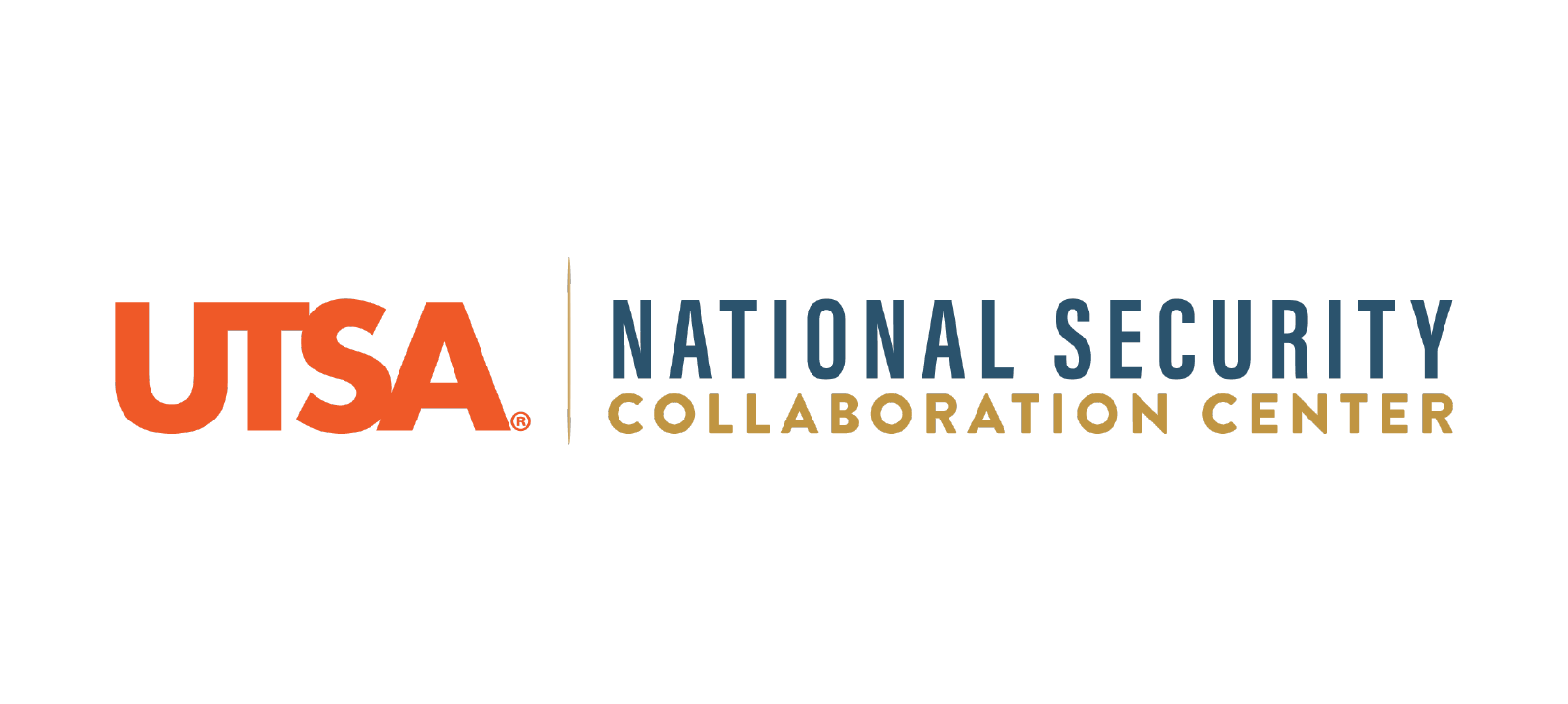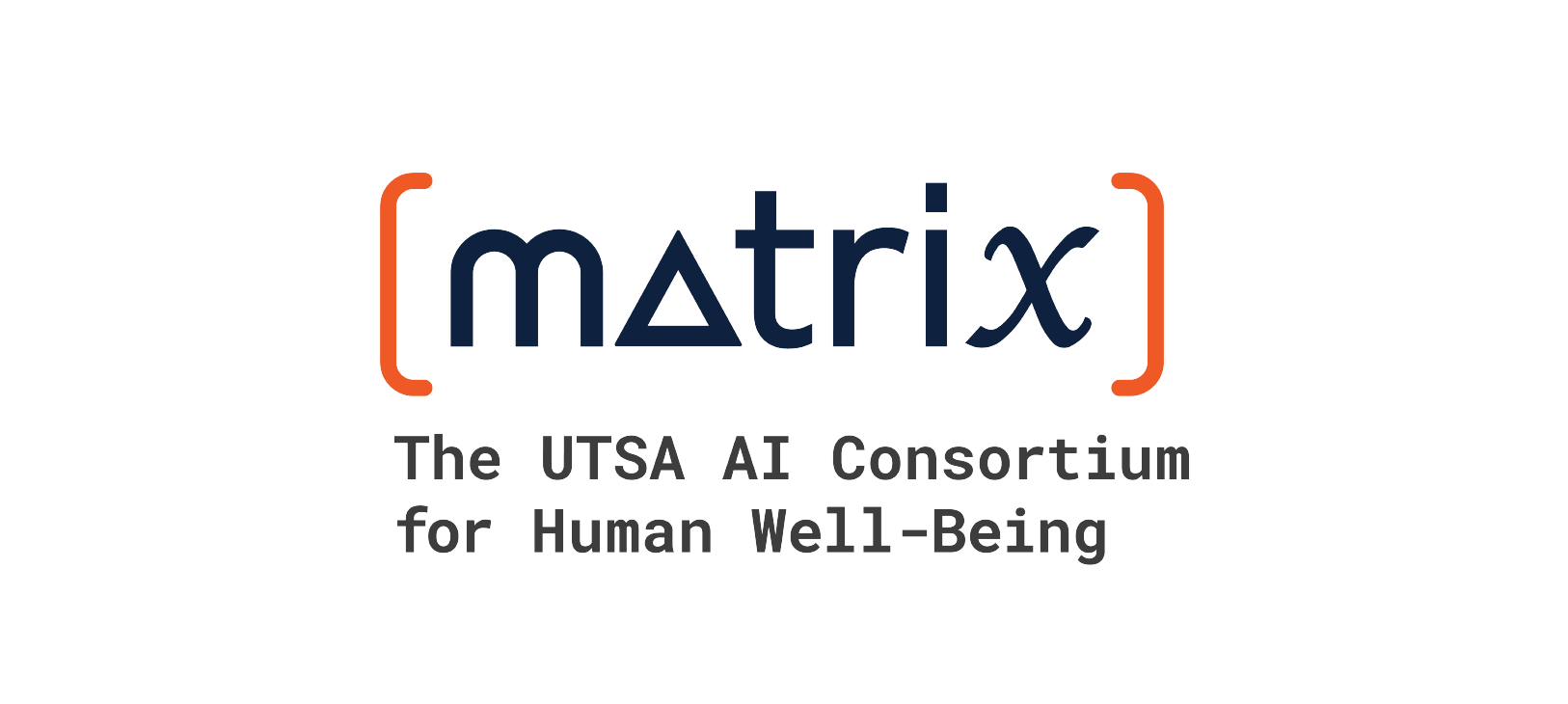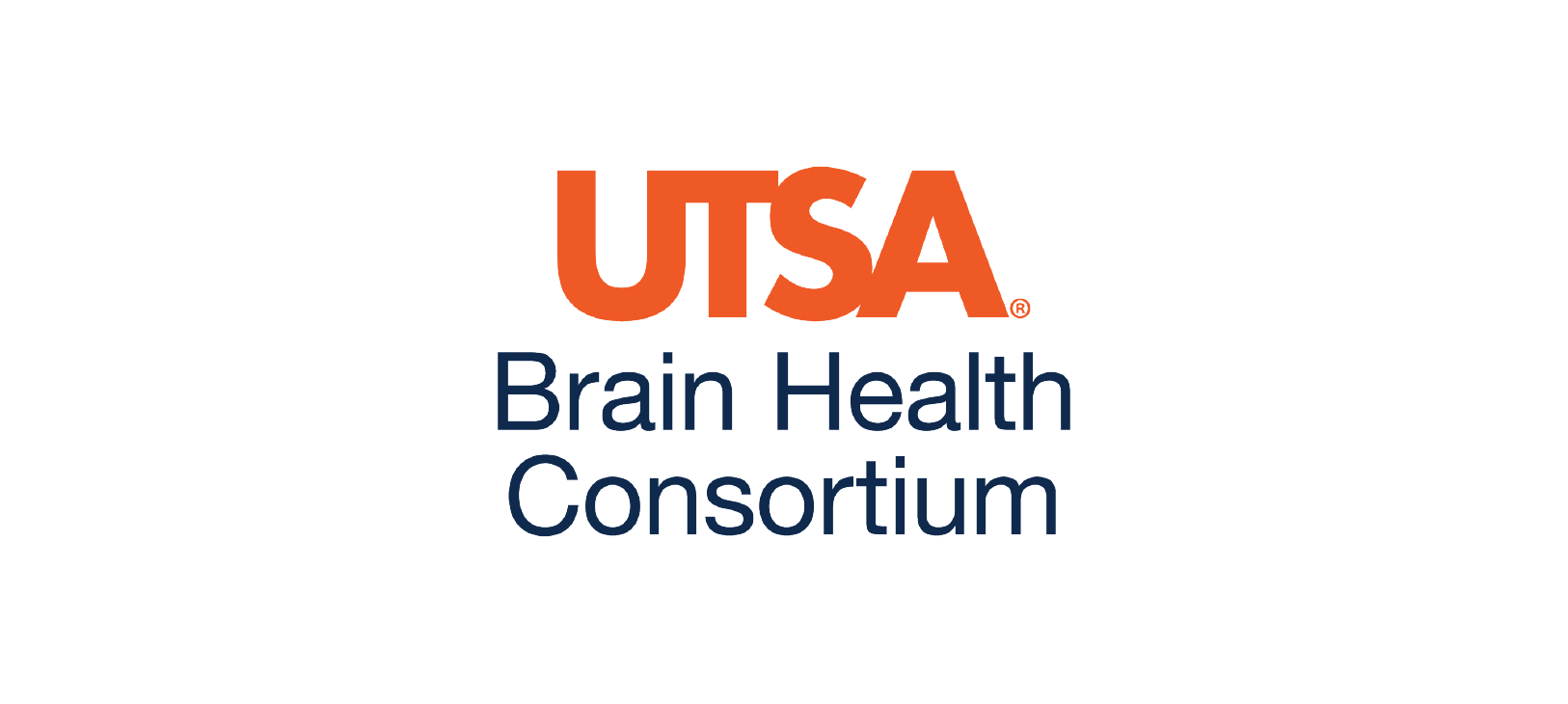The research institutes at UTSA are cross-disciplinary collaborations within the University that sponsor research that informs public policy, builds cultural understanding, improves medical care, enhances scientific knowledge and often advances economic development.
There are 32 research centers and institutes at UTSA with 26 reporting to their college deans, and 6 reporting directly to the Vice President for Research.
Per UTSA HOP Policy 10.03 Guidelines for Organized Research Units, UTSA research centers and institutes are governed by the Deans Research Council (DRC) that is convened by the Vice President for Research. Visit the websites below for more information about the work of UTSA research centers and institutes, national laboratories and Department of Defense laboratories.
Centers & Institutes within UTSA Research
Additional Centers & Institutes within UT San Antonio
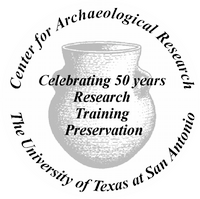
The Center for Archaeological Research (CAR) at The University of Texas at San Antonio, established in September 1974, focuses on conducting archaeological research, primarily in Texas. CAR performs surveys and excavations for various agencies, provides cultural resource management advice, and trains students through field and lab work. It also disseminates information on archaeology and history to the public.
More InformationDirector: Ray Mauldin

The Dialogue & Deliberation Initiative at the University of Texas at San Antonio, led by a team of communication experts, is building dialogue and deliberative capacity for UTSA students and the surrounding communities. Through formal pedagogy, extracurricular engaged experiences, workshops, and events, participants in the Center’s projects and activities learn to appreciate and execute fundamental communication skills, tools, and techniques to improve their relationships, career readiness, and community decision-making.
More InformationDirectors: Laurie Lewis & Sara Deturk
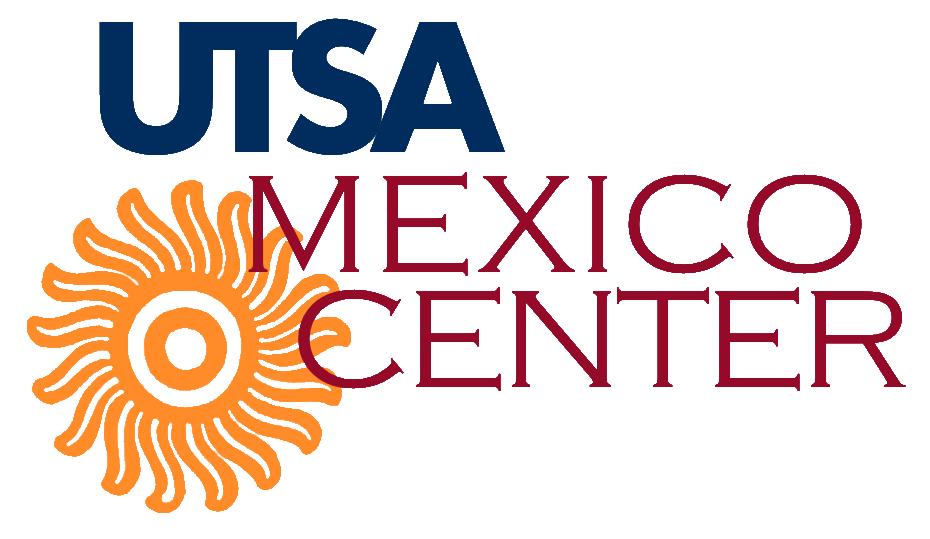
The University of Texas at San Antonio (UTSA) Mexico Center was officially established in October 2005 to promote greater knowledge and understanding of Mexico and U.S.-Mexico relations. The Mexico Center is an umbrella organization that connects Mexico-related expertise within UTSA through cross-disciplinary collaboration on research projects and activities.
More InformationDirector: TBD
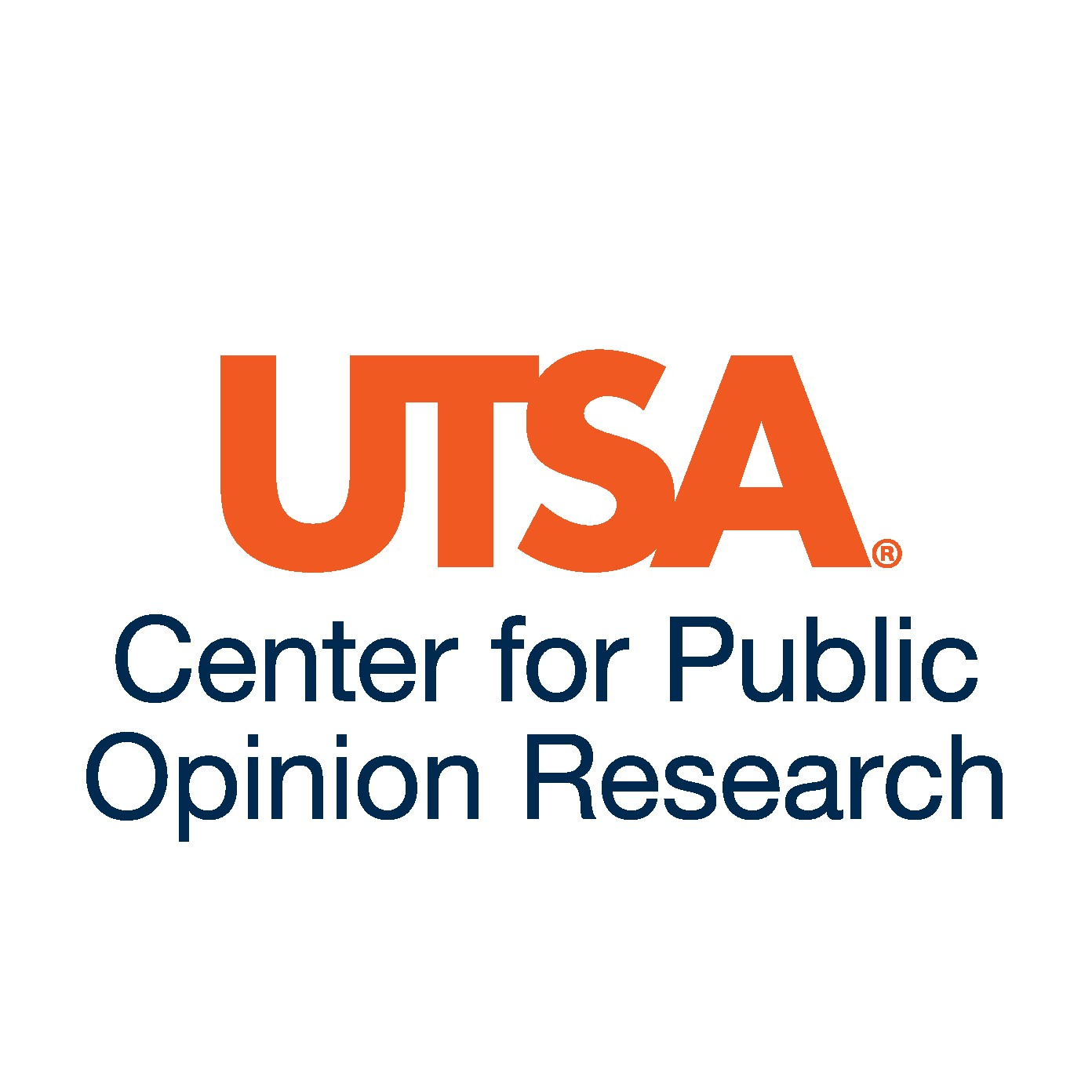
The UTSA Center for Public Opinion Research (CPOR) is a full-scale academic public opinion research center that produces and facilitates basic and applied opinion research contributing to our understanding of important political and governance issues. CPOR endeavors to gauge how the public in the San Antonio area, Texas, and the region think about politics and related issues via periodic polls; provide samples for researchers and organizations who wish to gain insight into the local population or conduct pilot studies; engage in research of innovative polling techniques; and advance our students’ education in the dynamic science of opinion research and social science methodology.
More InformationDirector: Bryan Gervais

The mission of UTSA Arts is to promote the arts in San Antonio, South Texas, and beyond. It will connect the world's cultures to our community through world-class programs, exhibits, and performances, leveraging partnerships with other arts organizations in San Antonio, across Texas, and the nation.
UTSA Arts will sponsor educational programs to benefit people of all ages and backgrounds who desire to develop their creative abilities in a safe and supportive learning community.
Finally, UTSA Arts will be a makerspace that fosters collaborations in the arts and facilitates research related to the arts in the community. To achieve this mission, UTSA Arts will be an independent arts institute, sitting alongside but autonomous from the university’s academic schools and departments.
Director: Emilie Amrein

The UTSA Cyber Center for Security and Analytics conducts high-impact, applied cyber security and data science research, development, operations and training to address imperative societal issues and national challenges.
More InformationDirector: Anthony Rios
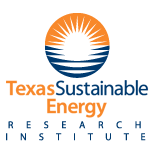
The University of Texas at San Antonio created the Texas Sustainable Energy Research Institute to partner with our community and contribute to a new energy future that builds on a diverse resource base to position San Antonio as a significant contributor to the 21st-century global energy economy.
More InformationDirector: Krystal Castillo
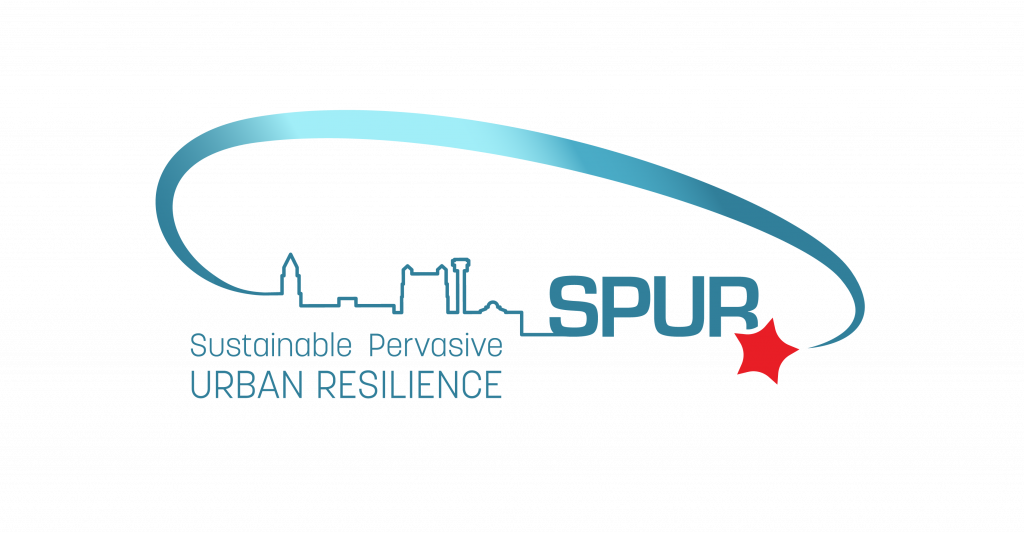
To create a data science and distributed sensor framework founded on new discoveries to enhance performance, eliminate inefficiencies, and allow agencies and the private sector to make decisions that yield the most benefit to urban residents, particularly during strenuous circumstances.
More InformationDirector: Adolfo Matamoros
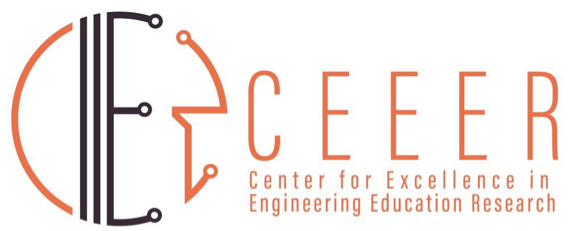
The Center for Excellence in Engineering Education (CE3) provides a holistic approach for improving the quality of engineering education at The University of Texas at San Antonio. The center strives to improve the preparedness and marketability of the students in the College of Engineering for challenging and rewarding careers.
More InformationDirector: Mehdi Shadaram

The CCS provides academic research and services to benefit communities, completes large-scale research projects, provides research and educational opportunities for graduate students, and convenes leaders in the field for dialogue on global practices concerning sustainable development and construction.
More InformationDirector: Angela Lombardi

The mission of the UTSA Center for Urban and Regional Planning Research (CURPR) is to generate new knowledge of the forms, processes, and impacts of metropolitan and megaregional growth while advancing the creation of more sustainable, inspiring, and equitable cities.
More InformationDirector: Ian Caine
The IRM is a joint initiative emanating from the UTSA Colleges of Engineering and Sciences in conjunction with multiple entities throughout the San Antonio community to establish multidisciplinary teams combining academic, clinical, military, and biotechnological expertise to address grand challenges in Regenerative Medicine. We seek ground-breaking advances in basic and clinical research while educating students and young investigators in the multifaceted disciplines that make up the field of Regenerative Medicine.
More InformationDirectors: Teja Guda
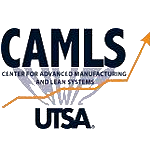
The center was founded in 2007 at the University of Texas at San Antonio to address a growing need for a strong interdisciplinary organization that can conduct research and development as well as provide education and training in lean manufacturing and six-sigma, supply chain and logistics engineering, warehouse systems, automation technologies, and advanced sensors and robotics.
More InformationDirector: F. Frank Chen
The Center for Infrastructure Assurance and Security (CIAS) is developing the world’s foremost center for multidisciplinary education and development of operational capabilities in the areas of infrastructure assurance and security. Our vision is to become the leader in the advancement of state and community cyber security capabilities and collaboration. The CIAS has successfully integrated efforts from academia, government, and private industry. The result has been a dynamic team dedicated to infrastructure assurance, research, and education.
More InformationDirector: Natalie Sjelin

The Center for Innovative Drug Discovery (CIDD), a joint venture between The University of Texas at San Antonio and UT Health SA, is composed of two facilities: a High-Throughput Screening (HTS) Facility located at UTHSCSA and a Medicinal Chemistry and Synthesis Core Facility at UTSA. The ultimate intent of the CIDD is to provide a diverse array of core facilities and expertise to facilitate the translation of basic scientific discoveries into tangible pre-clinical candidate drugs that can be further developed into clinical therapies for human disease.
More InformationDirector: Stanton McHardy

The center conducts basic and applied research in partnership with academia, government, and industry. The Institute’s Executive Director Prof. Ram Krishnan reports to the Dean, the College of Sciences, and the Vice-President of Research.
More InformationDirector: Ram Krishnan
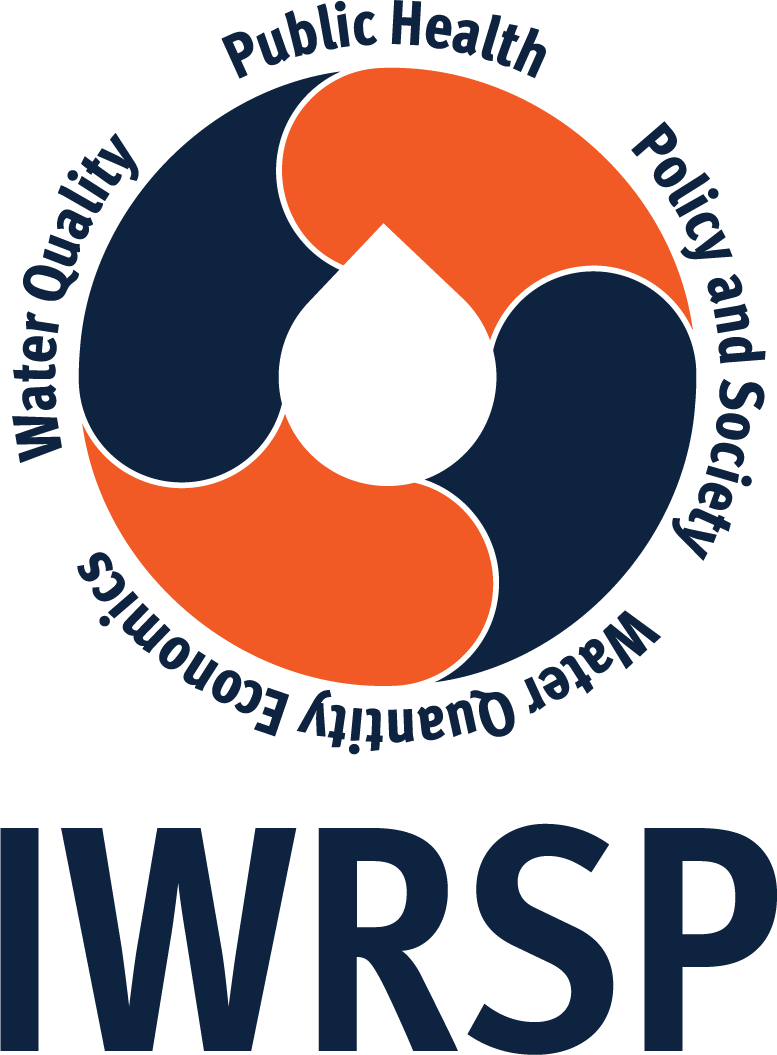
The IWRSP serves as an entity that draws faculty within UTSA, as well as water professionals from around the San Antonio area and South Texas region, to identify water-related problems, to facilitate areas of common research interests, to address water resources for individuals, communities, agriculture, and industry, and to build an excellent research, teaching, and service center.
More InformationDirector: Saugata Datta

The Center for Advanced Measurements in Extreme Environments aims to build a sustainable source of diverse, highly trained researchers to enter the Nation’s workforce in NASA fields of earth system sciences, remote sensing technologies, computational fluid dynamics, and experimental fluid mechanics.
More InformationDirector: Christopher Combs
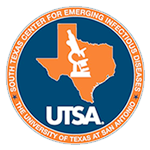
The center was established to focus state and national attention on UTSA in the fields of molecular microbiology, immunology, medical mycology, virology, microbial genomics, vaccine development and biodefense. One of the major areas of emphasis at STCEID is on the pathogenic mechanisms of emerging infectious diseases.
More InformationDirector: Karl Klose
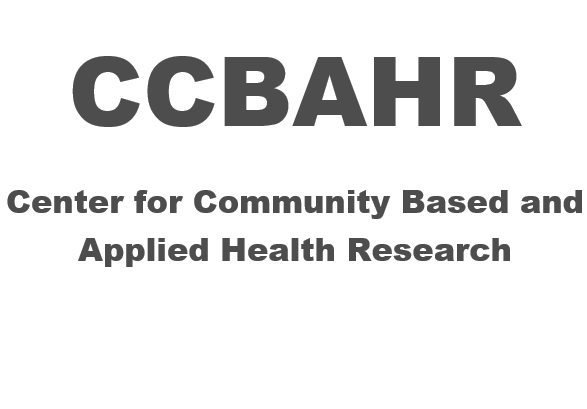
The Center for Community-Based and Applied Health Research (CCBAHR) fosters research collaborations among interdisciplinary UTSA research faculty and community partners including, but not limited to health care agencies, community-based organizations, schools, and faith-based organizations. In this endeavor, the Center provides an opportunity to integrate biomedical knowledge, technology, human resources, education, and policies needed for the maintenance and improvement of health, including fighting disease and adverse effects of aging.
More InformationDirectors: Erica Sosa & Meizi He

Our mission is to stimulate and support excellent social, demographic, and economic science research on significant practice and policy issues.
More InformationDirector: Kara Joyner

The institute is a newly established Institute at UTSA that advocates the integration of biomedical and socio-behavioral science research in addressing health disparities in South Texas and the nation. The Institute partners with local academic (UTHSCSA, school districts, etc.) and non-academic agencies (SAMHD, UHS, Texas Diabetes, Institute, etc.) to address the unequal distribution and prevalence of adverse health conditions existing in Texas and the nation.
More InformationDirector: Fernando Riosmena
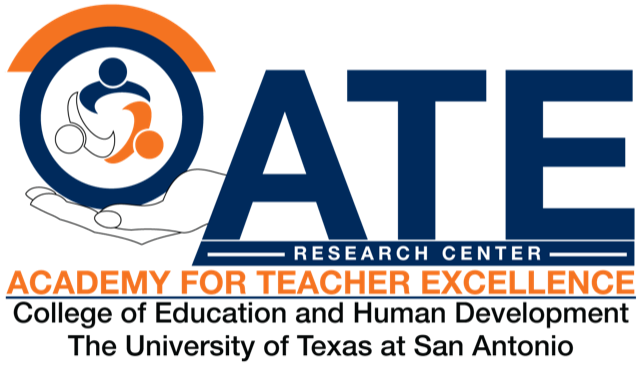
The Academy for Teacher Excellence Research Center (ATE) is grounded in the “Culturally Efficacious Teacher” model and serves as a center for research, design, evaluation, program implementation, and collaboration for area school districts, community colleges, the private sector, and UTSA. ATE leverages institutional and community resources to prepare better teacher candidates and in-service teachers who work with diverse student populations. ATE guides the preparation and retention of teachers who will demonstrate the attitudes, knowledge, and skills of a Culturally Efficacious Teacher (Flores, Clark, Claeys, & Villarreal, 2007).
More InformationDirector: Lorena Claeys
The Urban Education Institute at UTSA produces improvement-focused, collaborative research to raise educational attainment, advance economic mobility, and help people achieve their potential in the greater San Antonio region.
The UEI pursues its mission by (1) producing rigorous and actionable analysis that supports education policymaking, program implementation, and philanthropic giving; (2) convening community leaders to address entrenched challenges that harm education and human development; and (3) training the next generation of social scientists and educators to address education challenges through inquiry, analysis, and discovery.
Director: Sharon Nichols

The Women’s Studies Institute provides access to interdisciplinary knowledge on women, gender, sexuality, and race through collaboration among researchers, students, community, through public programming to make research accessible.
More Information